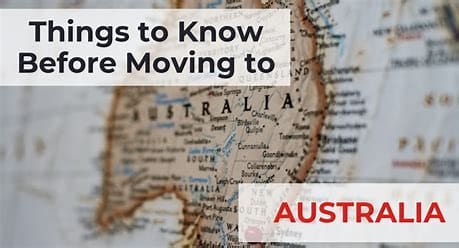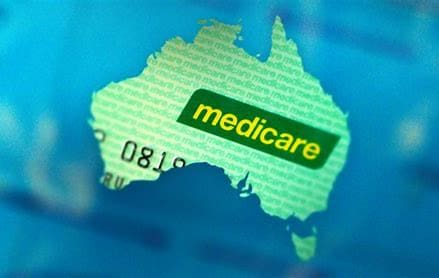
Useful Information for GPs in Australia
Practising as a general practitioner in Australia offers a clinical experience similar to that in the UK. Australian GPs have a variety of practice settings to choose from, ranging from smaller, privately owned practices to larger facilities with up to 20 doctors and specialist consulting rooms. Many of the larger practices are operated by corporate groups. GPs in Australia can opt for full-time or part-time hours, depending on their preferences. All practices are equipped with nursing staff and treatment rooms. Additionally, many practices offer on-site allied health services, including psychology, physiotherapy, and pathology, providing a comprehensive environment for patient care.
Billing and Earnings for GPs in Australia
In Australia, billing and earnings for general practitioners differ from the UK system. Australian practices may operate under private billing, bulk billing, or mixed billing models. The earnings for GPs are structured so that the practice retains a portion of the gross billings, while the GP receives a percentage of the total consultation fees.


Eligibility to Practice as a GP in Australia
BRAND NEW AHPRA EXPEDITED SPECIALIST PATHWAY LAUNCHED
AHPRA has launched a new expedited specialist pathway for internationally qualified medical specialists which includes GPs. This new Expedited Specialist Pathway will enable Specialist GPs with one of the following qualifications to apply through the new pathway.
- Membership of the Irish College of General Practitioners (MICGP) from 2009 AND a Certificate of Satisfactory Completion of Specialist Training (CSCST)
- Membership of the Royal College of General Practitioners (UK) from 2007 and a Certificate of Completion of Training (CCT)
- Fellowship of the Royal New Zealand College of General Practitioners (FRNZCGP) from 2012
Our Registration Manager can assist with any questions relating to the fees applicable to the new pathway and important links to provide you with all the crucial information.
For those General Practitioners that are not eligible to apply to new pathway (you many have qualified prior to the specified dates) don't worry, you can still apply through the traditional pathway RACGP PEP Specialist Pathway however you must still meet specific eligibility requirements.
- Qualifications: You must hold the MRCGP (Membership of the Royal College of General Practitioners) and either the Certificate of Completion of Training (CCT) from the Post Graduate Medical Education and Training Board (PMETB) or the General Medical Council (GMC). Alternatively, if you trained in Ireland, you should be a graduate of the ICGP and hold MICGP.
- Recognition: Your medical qualifications must be presented and reviewed for recognition by the Australian Medical Council (AMC).
- Practice Experience Program (PEP): International Medical Graduates (IMGs) will enter the Practice Experience Program (PEP) Specialist Stream. This program assesses your previous training and experience, allowing you to demonstrate your skills and knowledge in an Australian context.
- Specialist Registration: The PEP, offered by the RACGP, helps you obtain the recognised Specialist Registration (FRACGP), enabling you to practice as a GP in Australia.
- Registration With AHPRA: After receiving your comparability assessment outcome from RACGP, you will apply for registration with the Australian Health Practitioner Regulation Agency (AHPRA) upon meeting all necessary requirements.
Location Restrictions
Overseas-trained GPs in Australia are generally required to work in areas designated as DPA (District of Workforce Shortage) to qualify for a Medicare provider number. These DPA locations are typically situated in outer metropolitan areas, but many are still commutable to the major cities. For a detailed list of DPA locations, please visit the Health Workforce Locator.


Visa Options
Helpful Resources for Your Move to Australia
For further information, here are some useful links and resources addressing common questions and topics related to relocating to Australia.

